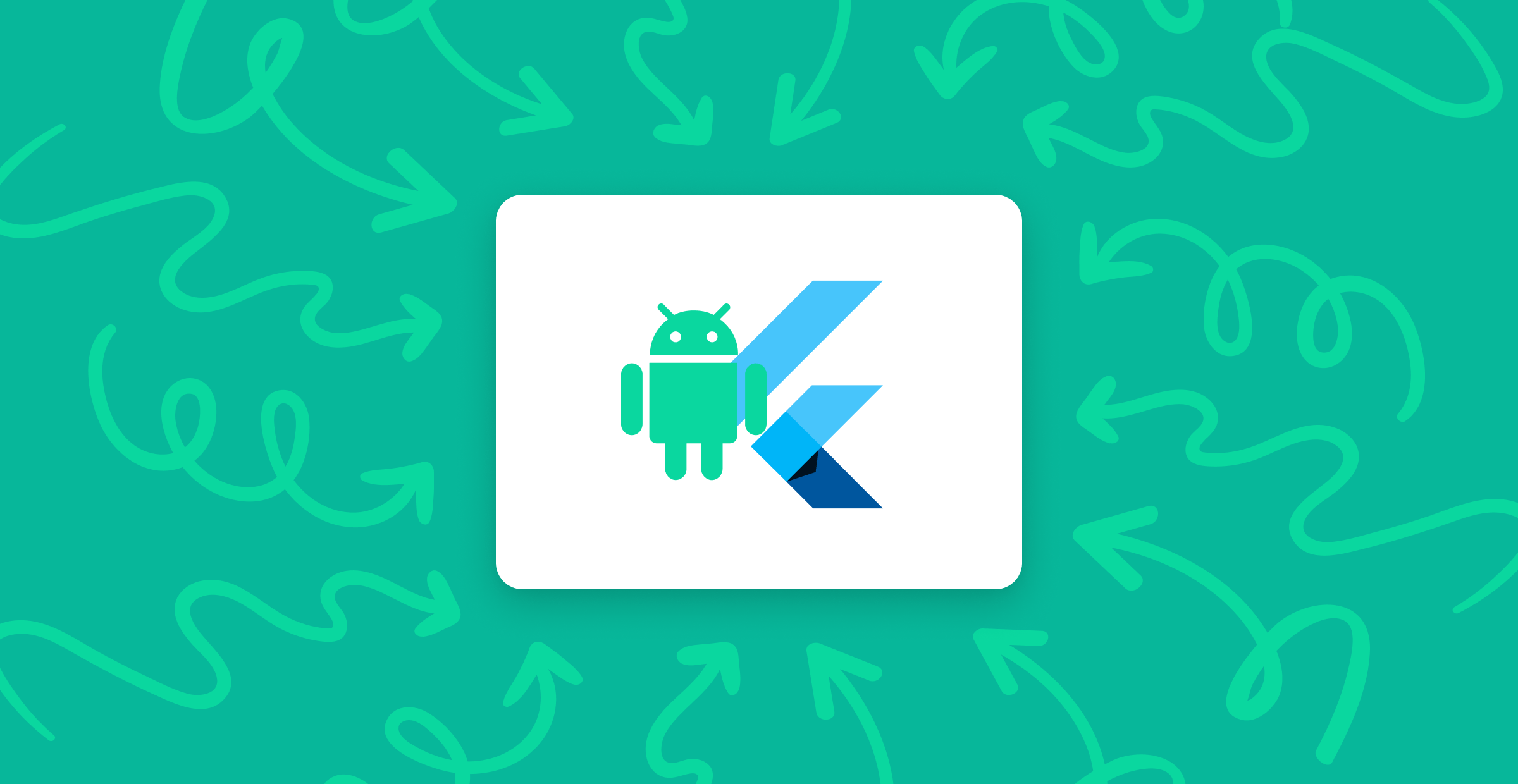What the Android ecosystem could learn from Flutter
We recently had the opportunity to work with Flutter on a project, and it opened our eyes to new possibilities. This project sparked our curiosity and ignited our passion for exploring new horizons in app development. In this blog post, we provide an honest opinion of the advantages of Flutter that we would like to see in Android development.
HOT RELOAD
Flutter has gained significant popularity in the world of app development for good reason. Its ability to build apps for both iOS and Android has made it a go-to choice for many developers. And… Let me tell you, Flutter has some impressive features!
Flutter distinguishes itself through its UI development speed, courtesy of the hot reload feature. The hot reload allows you to instantly see the impact of code changes without rebuilding. This promotes a rapid iteration, enabling precise adjustments to the user interface and bug fixes.
While native Android development offers features like Instant Run and Apply Changes for on-the-go code updates, they may not match the immediacy and responsiveness provided by Flutter's hot reload.
Also, Jetpack Compose has its own feature called previews, which empowers developers to visualize and fine-tune UI components in real time as they design and change them. This capability elevates the development experience by facilitating an instant visual feedback loop.
While Flutter's hot reload excels in delivering instantaneous updates during app runtime, Jetpack Compose's previews offer an equally powerful tool for visualizing and refining UI components throughout the development phase.
It's not the same thing, and we would really like to have hot reload in Android development.
FLUTTER'S WIDGET ECOSYSTEM
Another Flutter advantage is Flutter's widget ecosystem. It’s impressive!
It provides a vast array of pre-built UI components and layout options, giving you the freedom to create stunning and unique user interfaces. While Android development offers similar options through Jetpack Compose, Flutter's widget ecosystem steps it up, offering a more unified approach to UI development. The widgets are designed to work seamlessly together, allowing for consistent design patterns and smoother interactions.
For example, let's consider the process of creating a complex user interface with dynamic animations:
- Using Jetpack Compose, you might need to rely on external libraries or spend time writing custom code to achieve the desired effects.
- In Flutter, you can leverage widgets like AnimatedContainer, Hero, or AnimatedOpacity to effortlessly add delightful animations to your UI without the need for external dependencies.
CROSS-PLATFORM DEVELOPMENT
Now, let's talk about cross-platform development. Flutter truly excels in this area. With a single codebase, you can create apps that run on both Android and iOS. This unified approach eliminates the need for maintaining separate codebases, which can be a dream come true for many development teams. Just imagine, no more duplicating efforts, no more managing two distinct codebases. It's a time-saving and efficiency-boosting solution that simplifies the development process.
However, it's important to acknowledge that every approach has its downsides: when it comes to scenarios requiring native code integration, things can become more intricate. The complexity tends to rise when navigating the terrain of native code in Flutter. This is where the decision to embrace cross-platform development should be balanced with the awareness that certain aspects, particularly those needing native integration, might demand extra effort.
Also, in the Android ecosystem, Kotlin Multiplatform (KMP) presents an emerging alternative. It has the potential to offer similar advantages, yet it's still finding its footing in the dynamic world of mobile development.
In conclusion, our experience with Flutter has been interesting, and we appreciate the fresh perspective it brings to app development. It's worth exploring and understanding its capabilities, while also considering the unique strengths of native Android development as we explored in our blog post Native or Hybrid Apps – Our advice to clients.
Happy coding!
📲 We are a studio specialised in designing and developing Android products. How can we help you? We can build your Android app for you. We can join your team and build your Android app with you. We can maintain your Android app for you. Talk to us, you’ll be able to feel if we’re fit and get some zero-commitment, helpful advice on what to do next.

